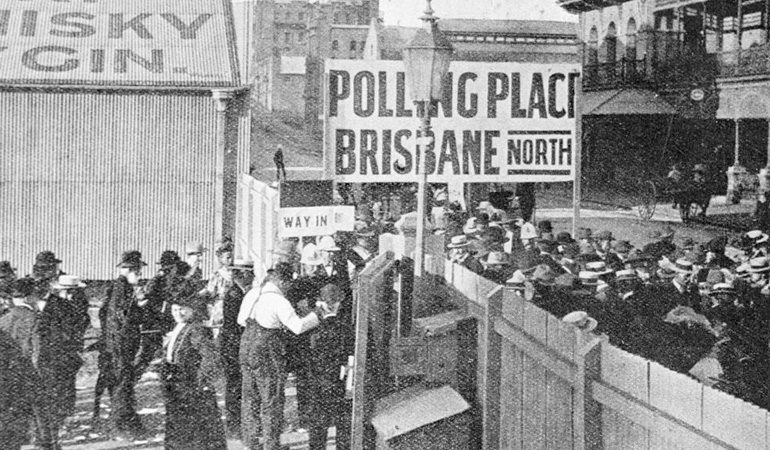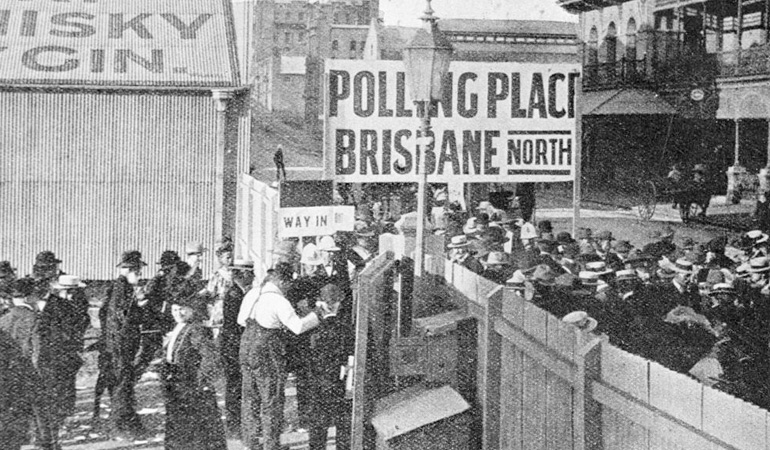There is more to it than anecdotes.
Retailers hate elections, mostly for sound reasons and the concerns are now being voiced loudly.
Myer CEO, Richard Umbers was first out of the blocks when he warned that the election campaign was expected to hit consumer sentiment and negatively affect Myer’s outlook.
However, according to Queensland University of Technology Senior Lecturer, QUT Business School, Gary Mortimer, researchers from Princeton University and the University of Chicago found elections had little impact on how consumers actually spend. In their study, spanning four presidential elections, their initial findings identified a correlation between a voters’ “ideological opposition towards a winning candidate” (measured by a voter-ideology score) and a lower score on the Michigan Consumer Sentiment Survey.

Mortimer says that the operative word used among consumers during times of uncertainty is “deferred” and IBISWorld chairman Phil Ruthven concurs. He states that shoppers tend to take a “wait-and-see approach” during election campaigns, which sees spending curtailed on big ticket items like cars, consumer electronics and high-end fashion, but household basics such as food and basics generally remain insulated. But, in most cases, consumer confidence tends to bounce directly after elections.
Mortimer claims that there are far too many variables in play to suggest that an extended federal election alone will derail consumer confidence and stifle retail spending. In fact he says, some consumers who expect to be the recipients of election sweeteners such as tax cuts, infrastructure projects and or job opportunities, may actually increase spending. The power of suggestion is strong with such consumers. Once consumers anticipate a specific positive outcome will occur, they believe their subsequent thoughts and behaviours will actually help to bring about that outcome.
Food, groceries, fuel and basic clothing generally remain well protected during uncertain times. Despite increasing price competition between the players, the food and grocery division remain moderately strong.
Ultimately, shoppers still need to put fuel in their cars and food on the table. However, most exposed are “big ticket” retailers selling furniture, consumer electronics and automobiles. Fashion clothing and accessories are expected to struggle as such purchases are tied to discretionary spending.

